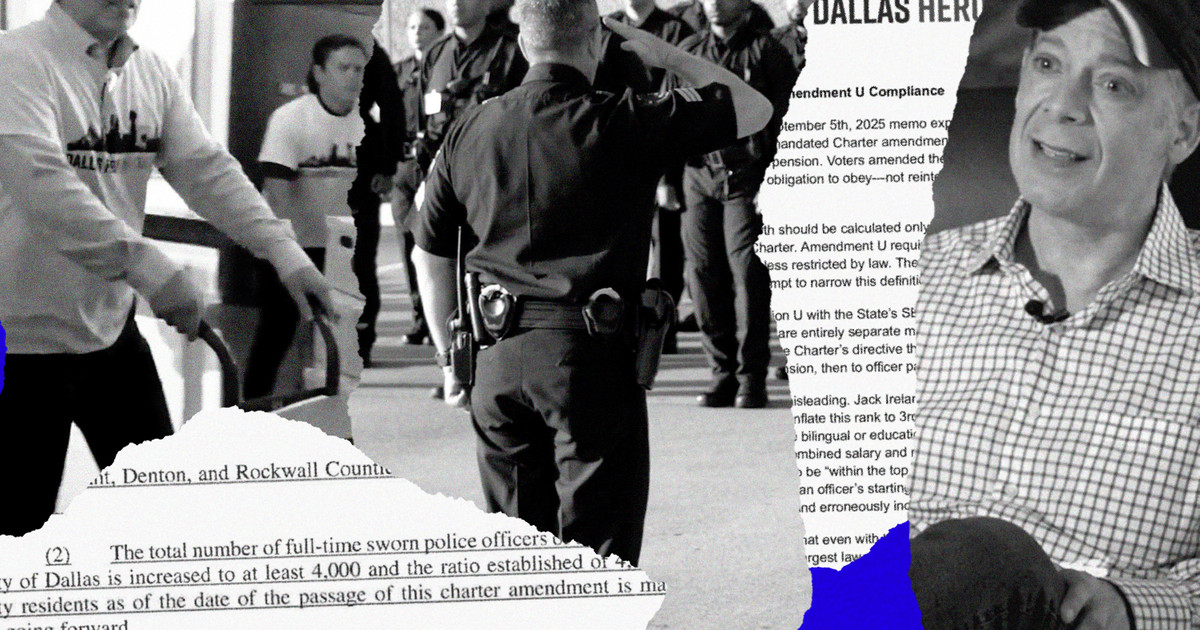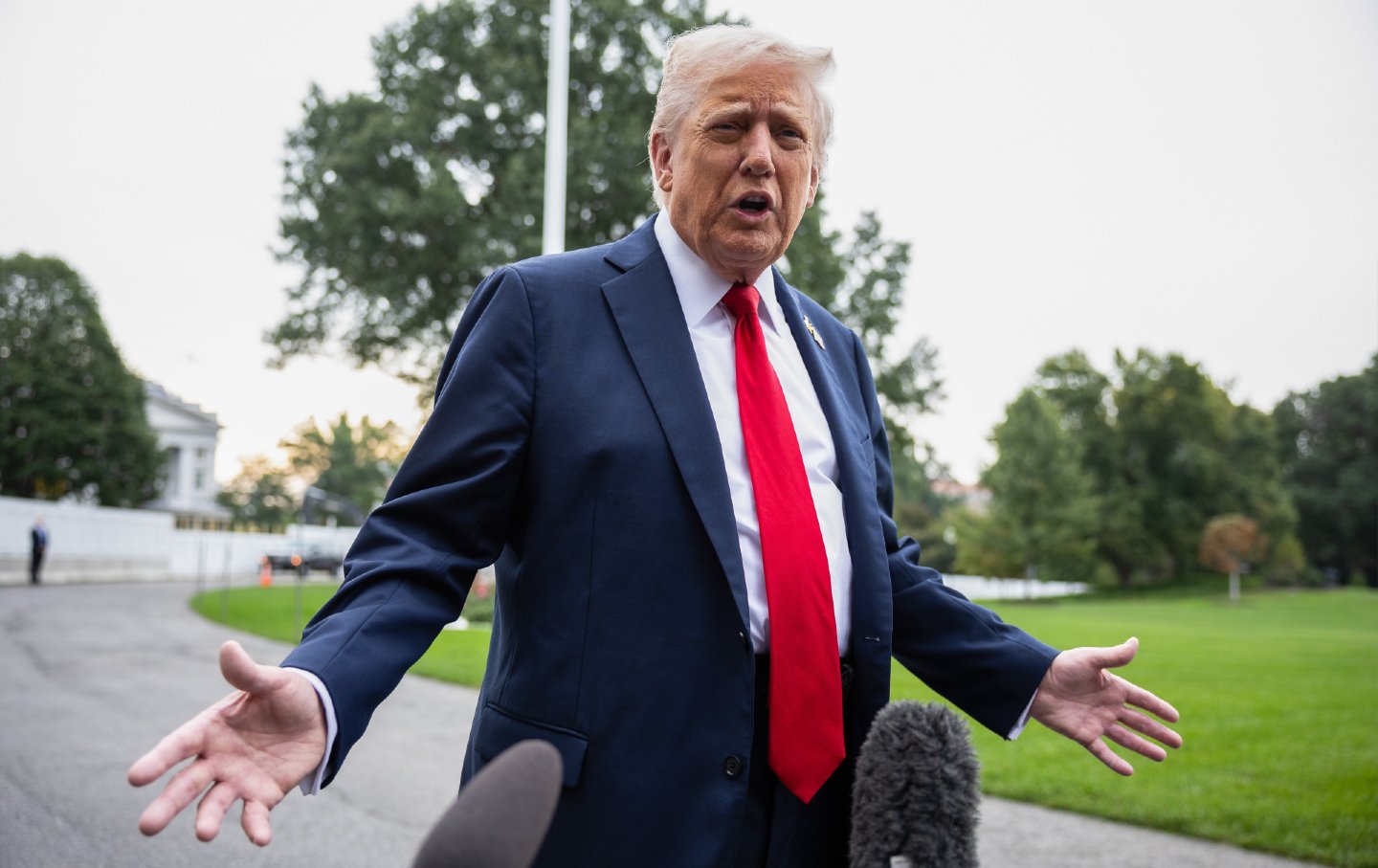
The recent passage of the Dallas HERO propositions, which mandate an increase in the police force to 4,000 officers, raises serious concerns about public safety and the future of social services in the city. This misguided initiative, championed by a small group of affluent leaders, is symptomatic of a broader trend where fear-mongering about crime is weaponized to justify aggressive policing measures, while essential community services suffer.
Despite the rhetoric espoused by Dallas HERO, violent crime rates in Dallas have been declining for years. This is a crucial point often overlooked by those advocating for increased police presence. The narrative pushed by prominent figures like Pete Marocco, executive director of Dallas HERO, paints a picture of chaos that simply does not match reality. In a speech to the Dallas City Council, Marocco claimed the city was descending into “anarchy,” echoing the alarmist language used by former President Trump during his tenure. However, experts and local officials have consistently pointed out that crime is not “out of control” in Dallas. In fact, the city recorded one of its lowest homicide rates in decades last year.
The proponents of the HERO measures, including GOP donor Monty Bennett, have capitalized on public fear regarding safety to push their agenda. Bennett’s assertion that “Every American city in this country of any size is a disaster” does little more than stoke panic. His affluent background and the fact that he resides in a wealthy enclave of Dallas surrounded by its own police force reveal a disconnect from the realities faced by many residents of the city, especially those in underserved neighborhoods. This alarming trend of affluent individuals dictating policy based on their own fears and perceptions of safety undermines the voices of marginalized communities who are often the most impacted by over-policing.
The Dallas City Council’s recent decisions reflect a troubling prioritization of police funding over essential community resources. In their latest budget proposal, the council approved funds for 350 new officers while simultaneously cutting funding for libraries and city pools. This not only signals a failure to invest in the holistic well-being of the community but also demonstrates a dangerous commitment to punitive measures over restorative ones.
Critics of the HERO initiative, including members of the Dallas Police Association and former police chiefs, have raised valid concerns about the implications of lowering hiring standards to meet the demands of the Proposition U. Eliminating college credit requirements in order to recruit more officers could lead to a less qualified police force patrolling the streets, ultimately compromising public safety rather than enhancing it. This approach is not merely a short-term fix; it sets a precedent that prioritizes quantity over quality in law enforcement.
Moreover, the HERO initiative’s Proposition S, which allows residents to sue the city over policy decisions, raises questions about accountability and governance. While the intention behind this measure may be to empower citizens, it could lead to a litigious environment that detracts from genuine community engagement and productive dialogue. Such a move also opens the door for exploitation by affluent residents who may use these legal avenues to further their own interests, potentially at the expense of those who are already marginalized.
The disparities in voting patterns around these propositions illuminate the socio-economic divides within the city. Residents from wealthier neighborhoods largely voted against the measures, while those from the south, plagued by longer police response times and higher crime rates, supported them. This divide underscores a critical issue: the voices of those living in poverty are often drowned out by the narratives of the privileged, who seek to impose their version of safety without understanding the realities of those they claim to protect.
Frederick Frazier, a former state lawmaker and Dallas police veteran, poses a critical question: “Are you trying to build a better department? Or are you trying to destroy a city?” This encapsulates the very real fear that these initiatives may not serve the best interests of the community but rather reflect a larger experiment in criminalizing poverty and expanding police power.
As Dallas navigates this contentious landscape, it is essential to remember that true safety is not achieved through heightened policing but through addressing the systemic inequalities that breed violence and unrest. The city must resist the temptation to prioritize police budgets over community needs. Instead, city leaders should invest in mental health resources, education, and social services that foster genuine safety and equity for all residents.
The narrative surrounding public safety must shift from one of fear and punitive action to one that embraces community-based solutions. Residents deserve to feel safe, not just from crime, but from the very systems that perpetuate inequality and disenfranchisement. The challenge for Dallas lies not in the number of police officers patrolling its streets but in cultivating a city where everyone has access to the resources they need to thrive.
This article highlights the importance of POLICE PUSH BACKFIRES.


